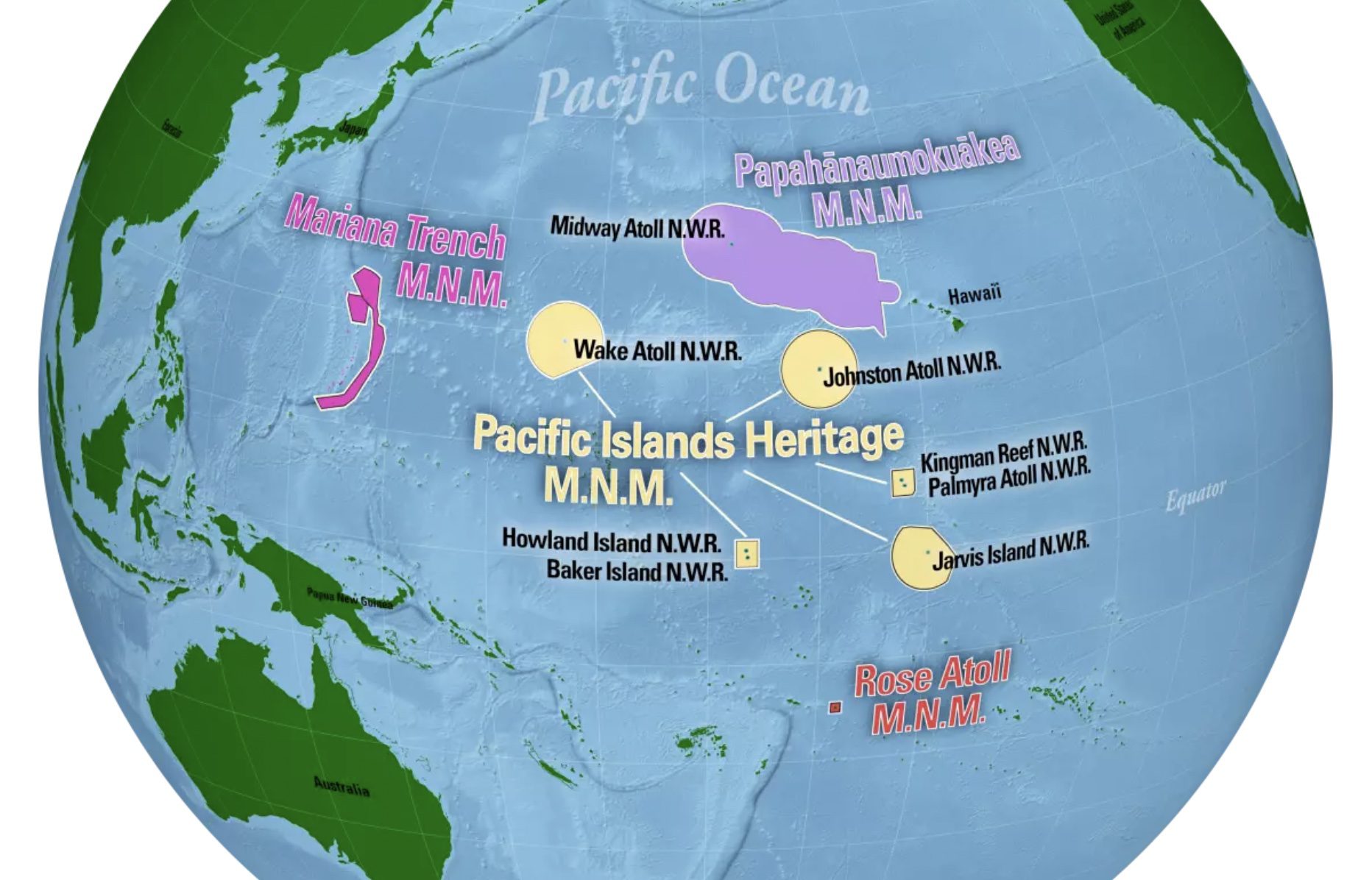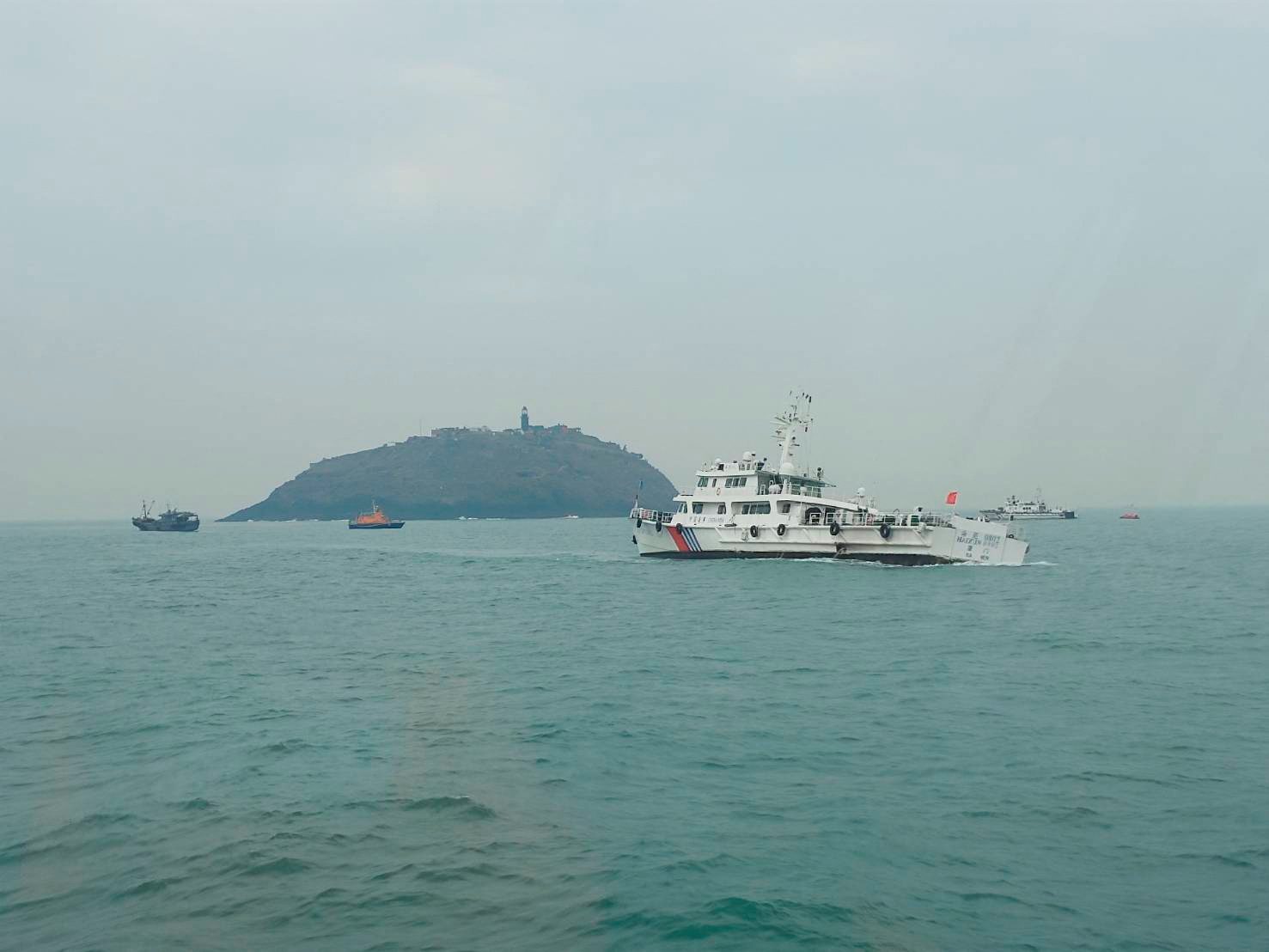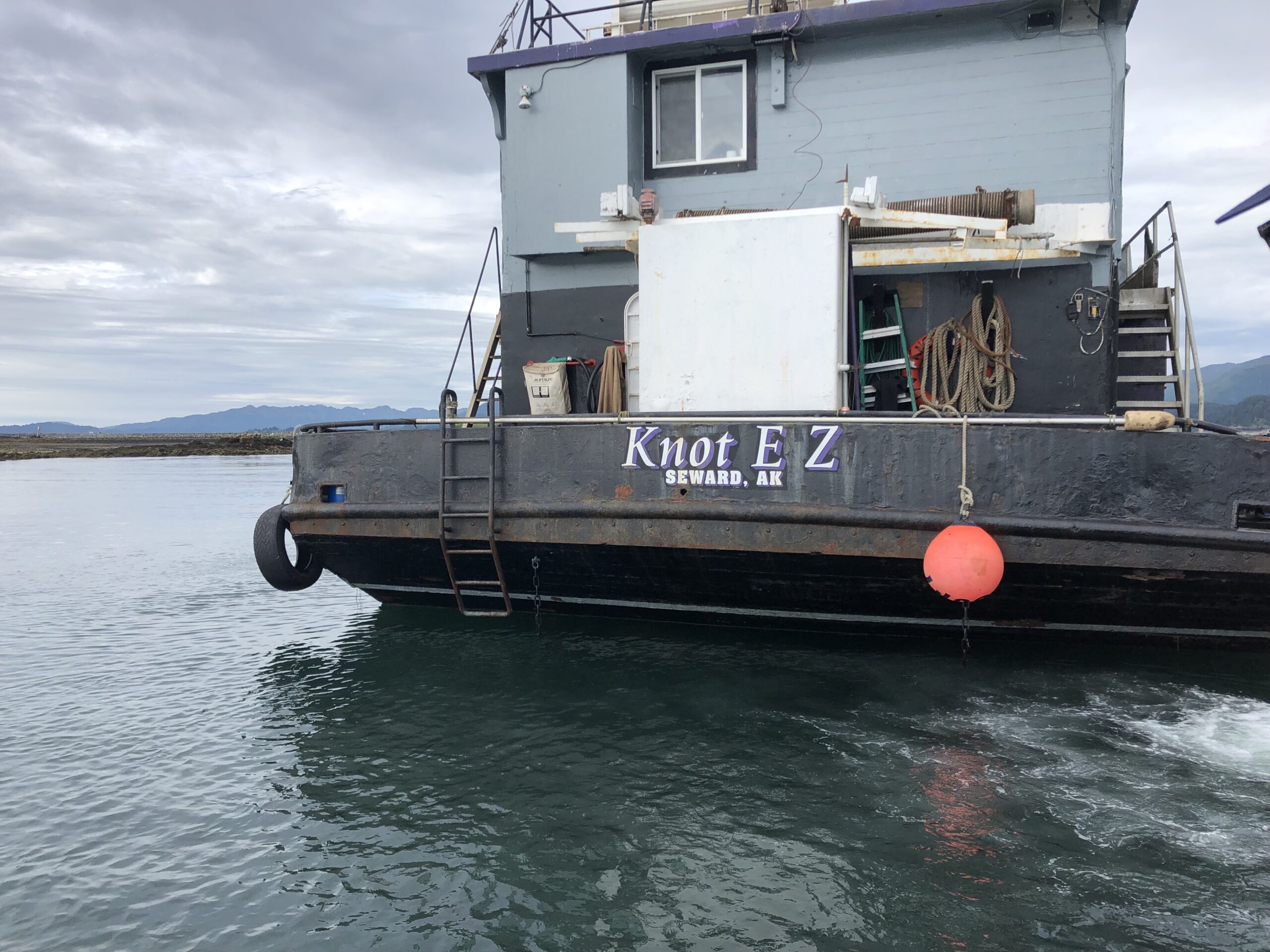President Donald Trump signed a proclamation on Thursday opening the Pacific Remote Islands Marine National Monument (PRIMNM) to commercial fishing, marking a substantial change in U.S. fishing policy.
The proclamation specifically permits U.S.-flagged vessels to conduct commercial fishing operations within 50 to 200 nautical miles of the PRIMNM’s boundaries. This decision affects an expansive marine protected area spanning approximately 495,189 square miles in the central Pacific Ocean – a region nearly five times the size of all U.S. National Parks combined.
The PRIMNM, initially established by President Bush in 2009 and later expanded under President Obama’s administration, had previously restricted access to over 400,000 square miles of the U.S. Exclusive Economic Zone in the Pacific. The Trump administration argues that the fishing ban within the monument had limited effectiveness in protecting fish populations, particularly for migratory species like tuna that don’t permanently reside within the protected area.
The policy change significantly impacts American Samoa, where the fishing industry is vital to the territorial economy. The territory hosts the only Buy American-compliant tuna processing facility that serves U.S. military rations and school lunch programs. This facility provides approximately 5,000 jobs, accounting for 99.5% of American Samoa’s exports and 84% of private employment in the territory.
Prior restrictions had forced American fishing fleets to operate further offshore in international waters, where they faced competition from foreign fleets, particularly from China, operating under less stringent regulations. The Trump administration contends that supporting U.S. fishermen through this policy change will help combat illegal, unreported, and unregulated fishing by foreign fleets.
The monument area encompasses seven islands and atolls: Baker, Howland, and Jarvis Island; Johnston, Wake, and Palmyra Atoll; and Kingman Reef. It includes 165 known seamounts and is recognized as one of the world’s most pristine tropical marine environments. The area supports diverse marine life, including endangered species such as green and hawksbill turtles, pearl oysters, giant clams, reef sharks, and various species of fish and marine mammals.
“This is yet another attempt by President Trump to undermine decades of work to protect and preserve public lands and waters, endangered species, and cultural heritage in favor of commercial interests. This is one of the most pristine tropical marine environments in the world that already faces dire threats from climate change and ocean acidification,” said David Henkin, an attorney in Earthjustice’s Mid-Pacific Office. “We will do everything in our power to protect the monument.”
Management of the monument remains under the cooperative oversight of NOAA and the U.S. Fish and Wildlife Service, with the Department of Defense maintaining control over Wake and Johnston Atolls.

 Join The Club
Join The Club











